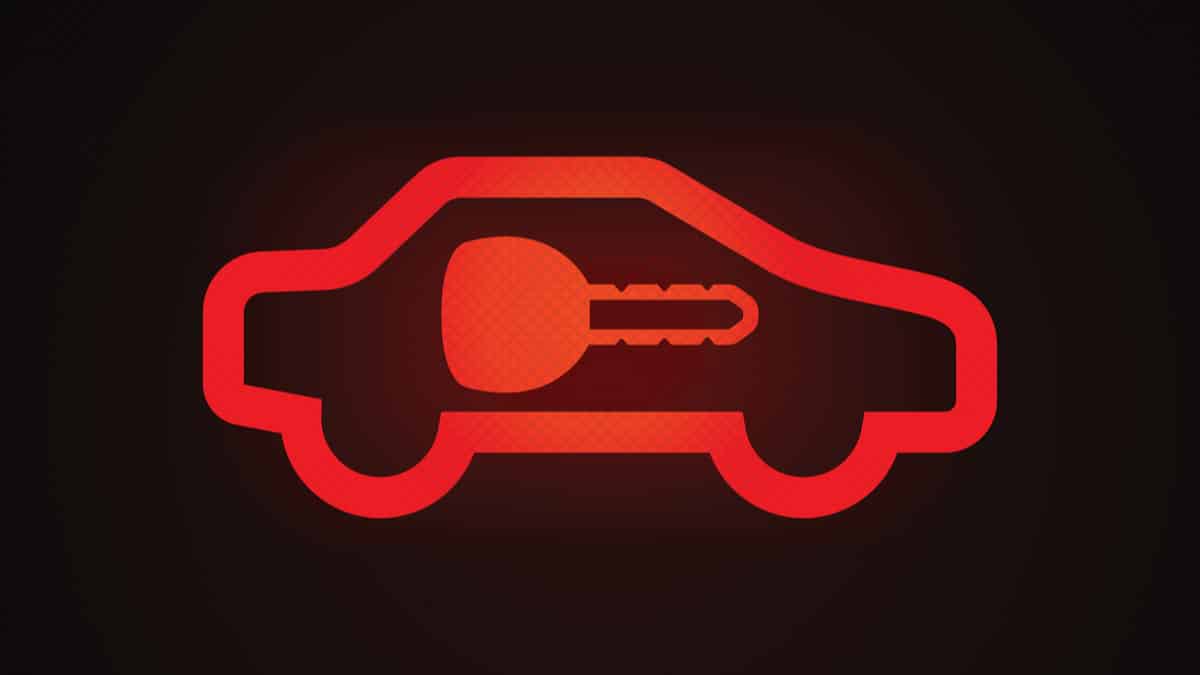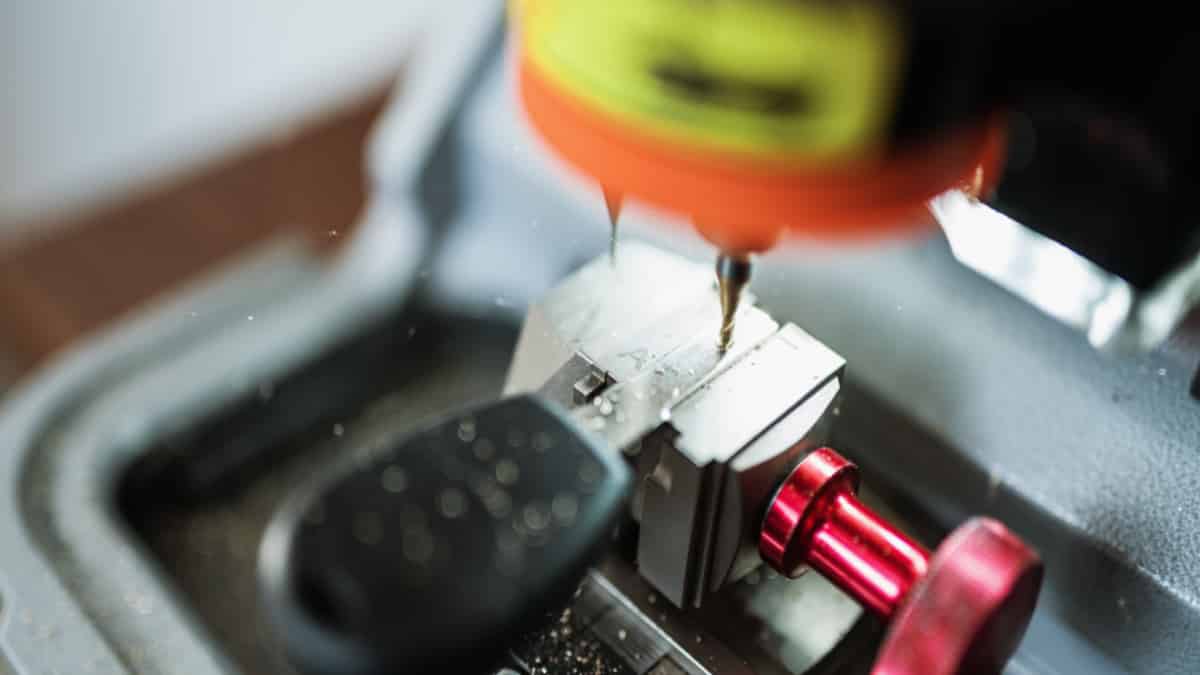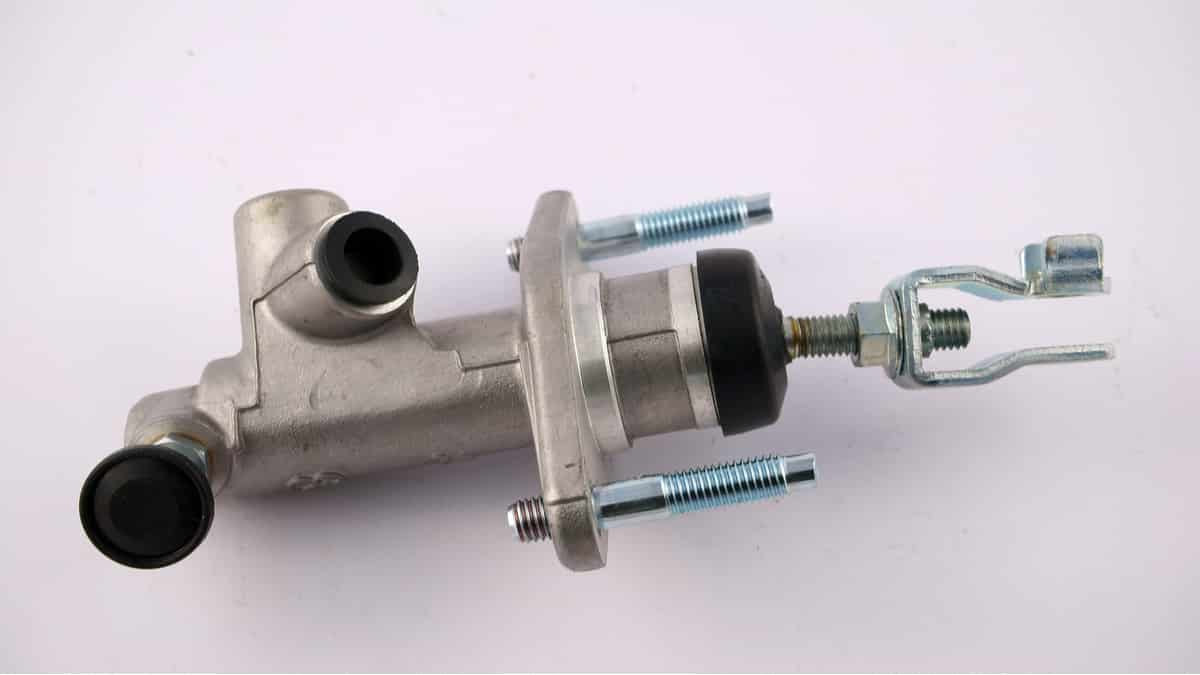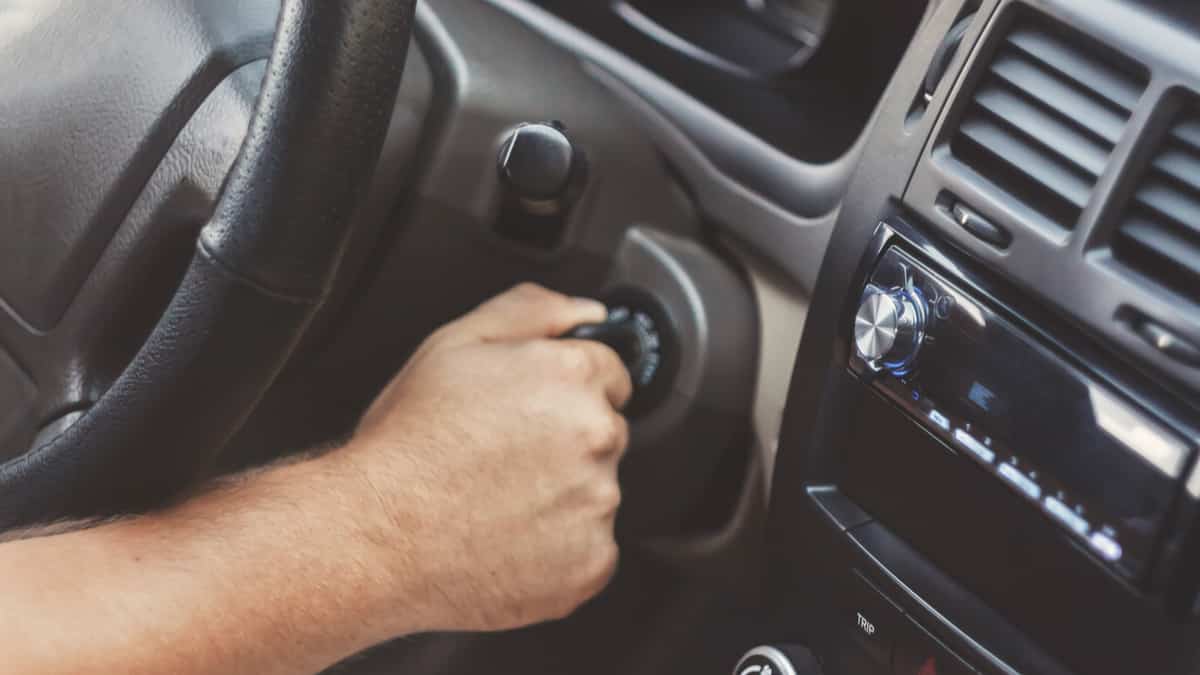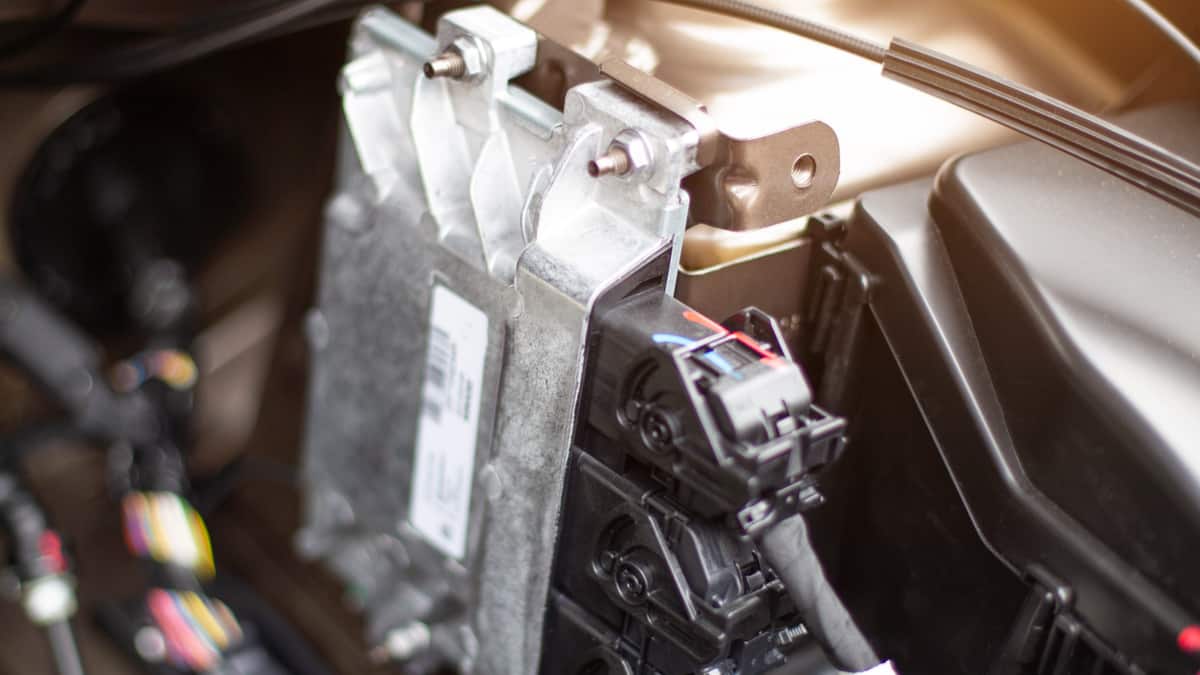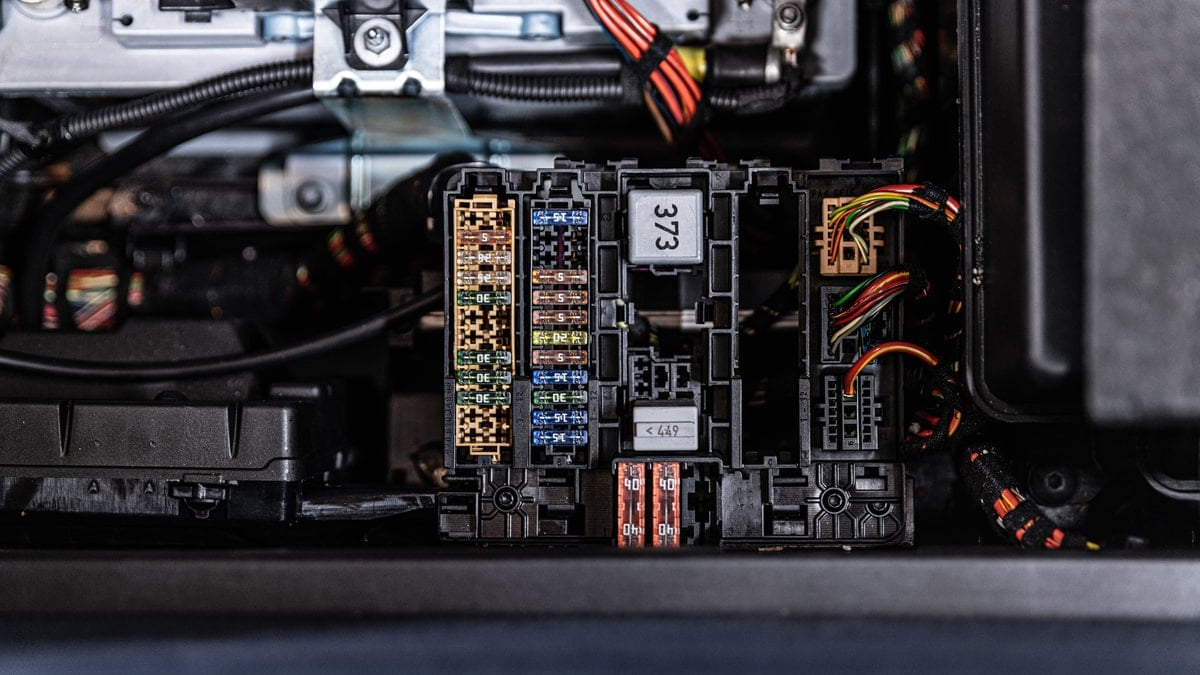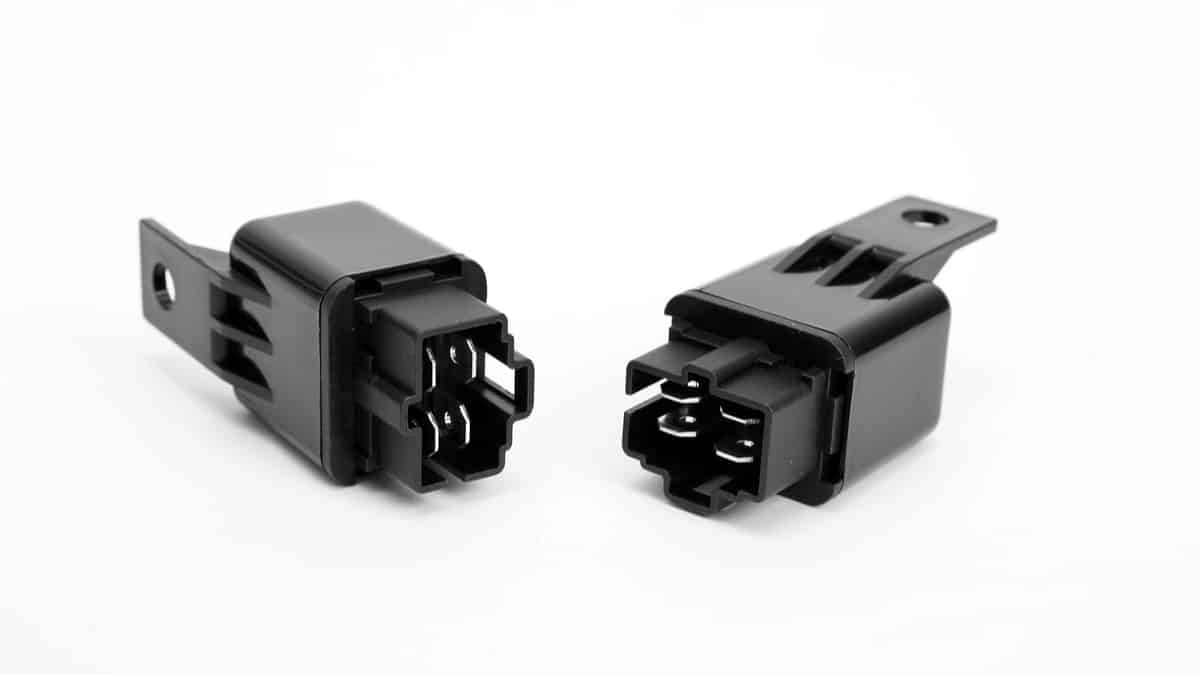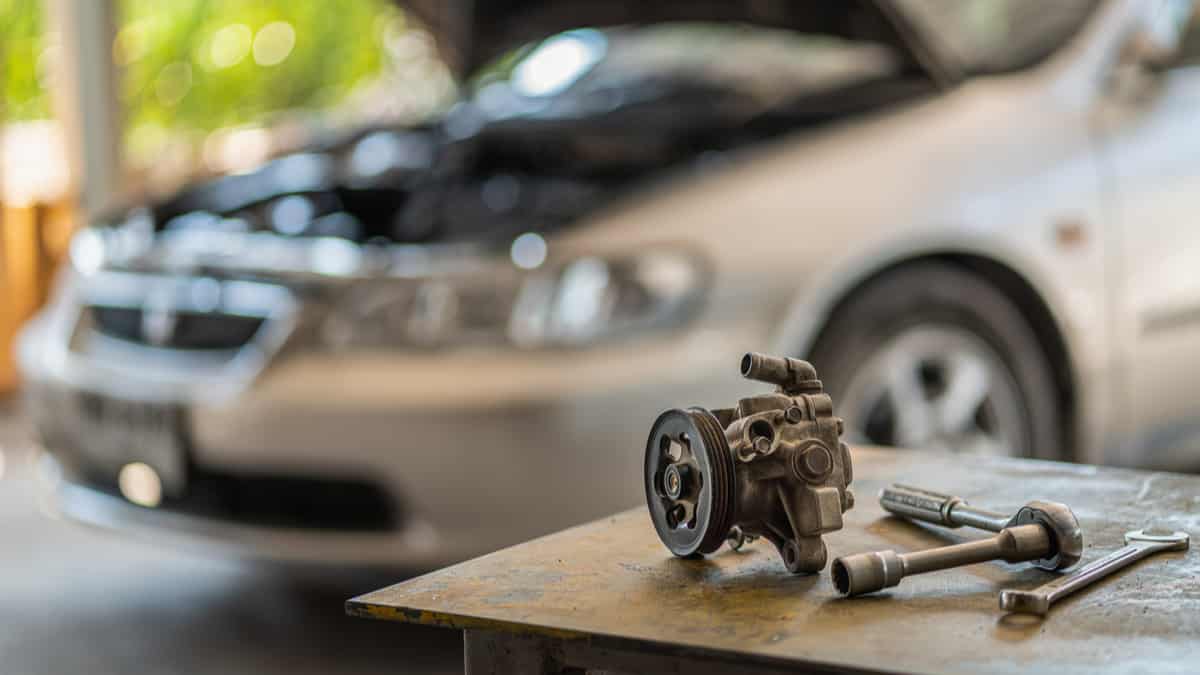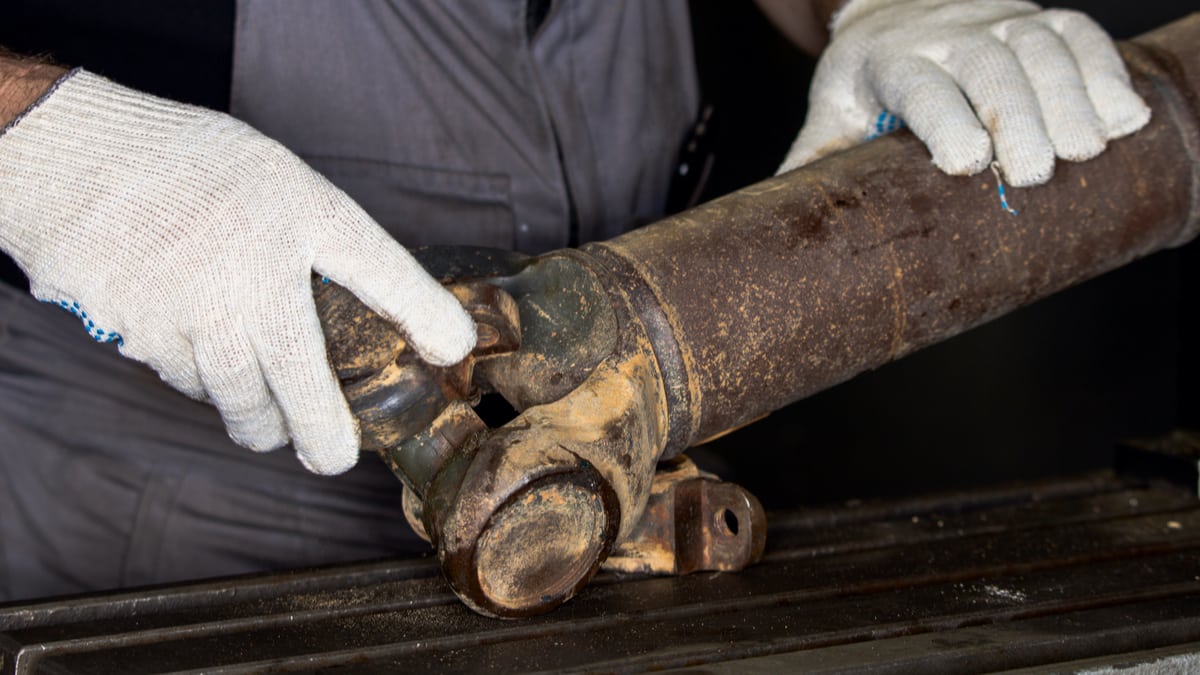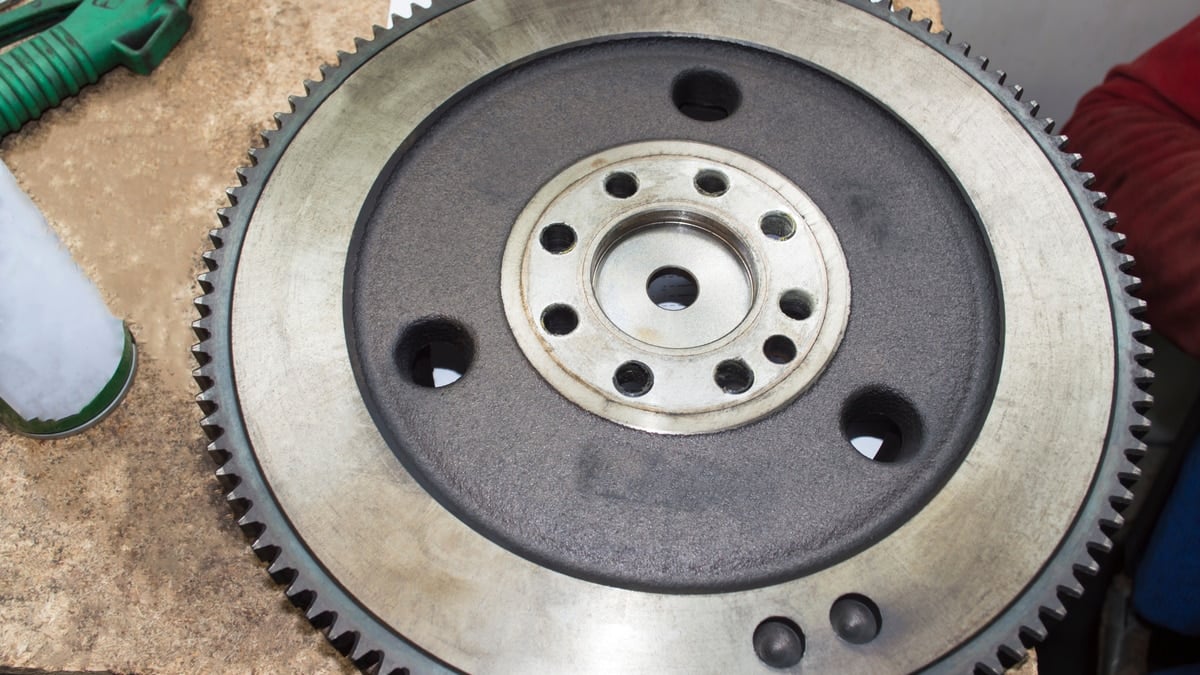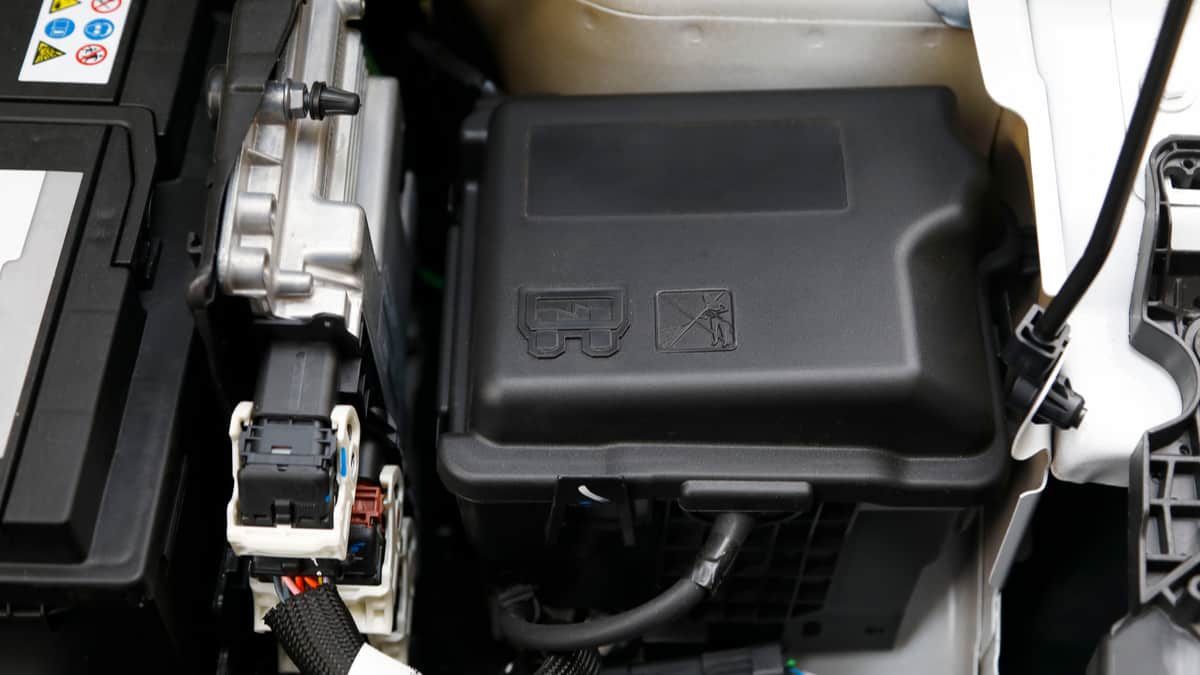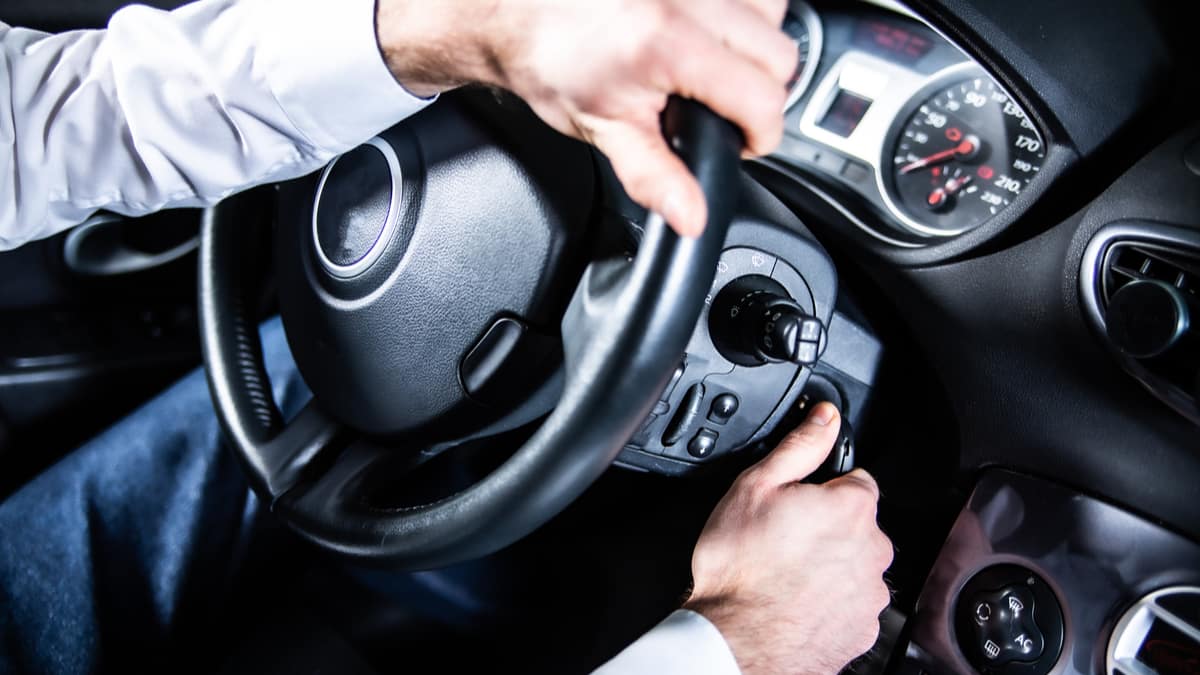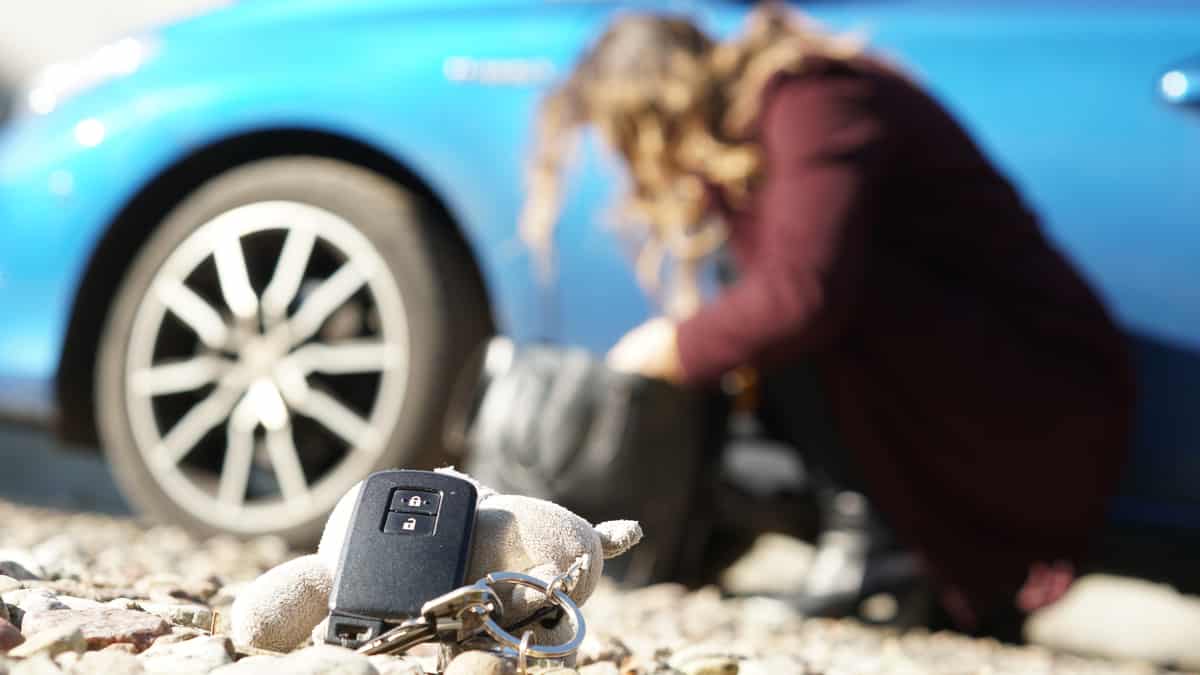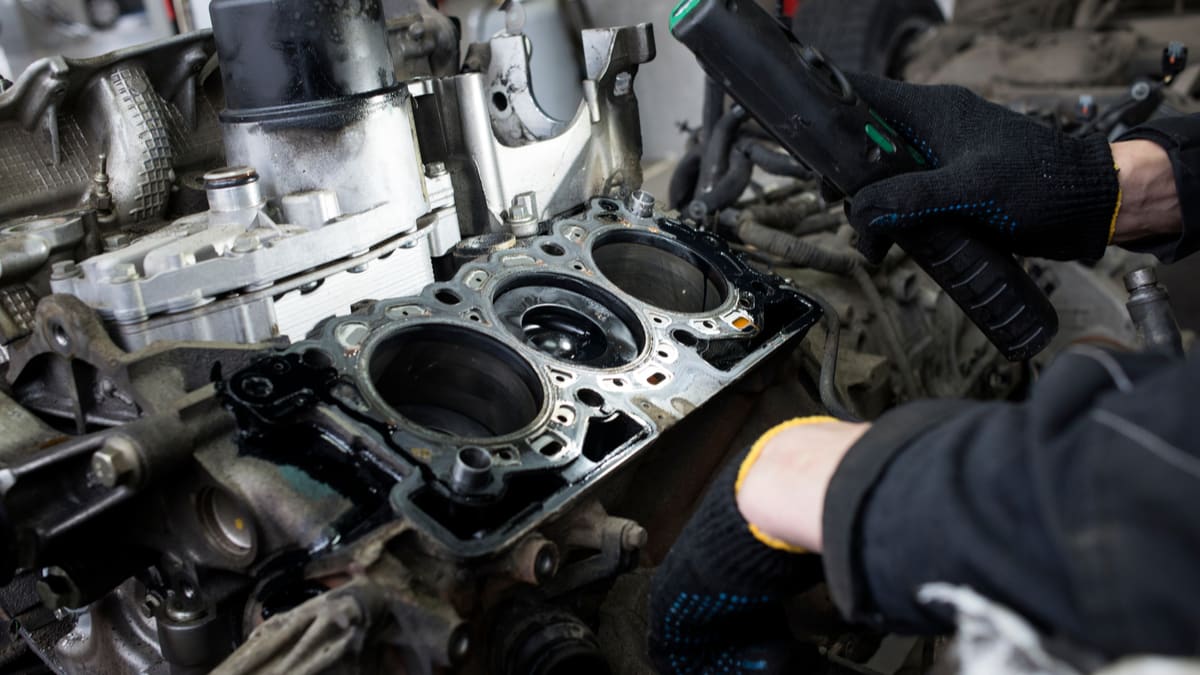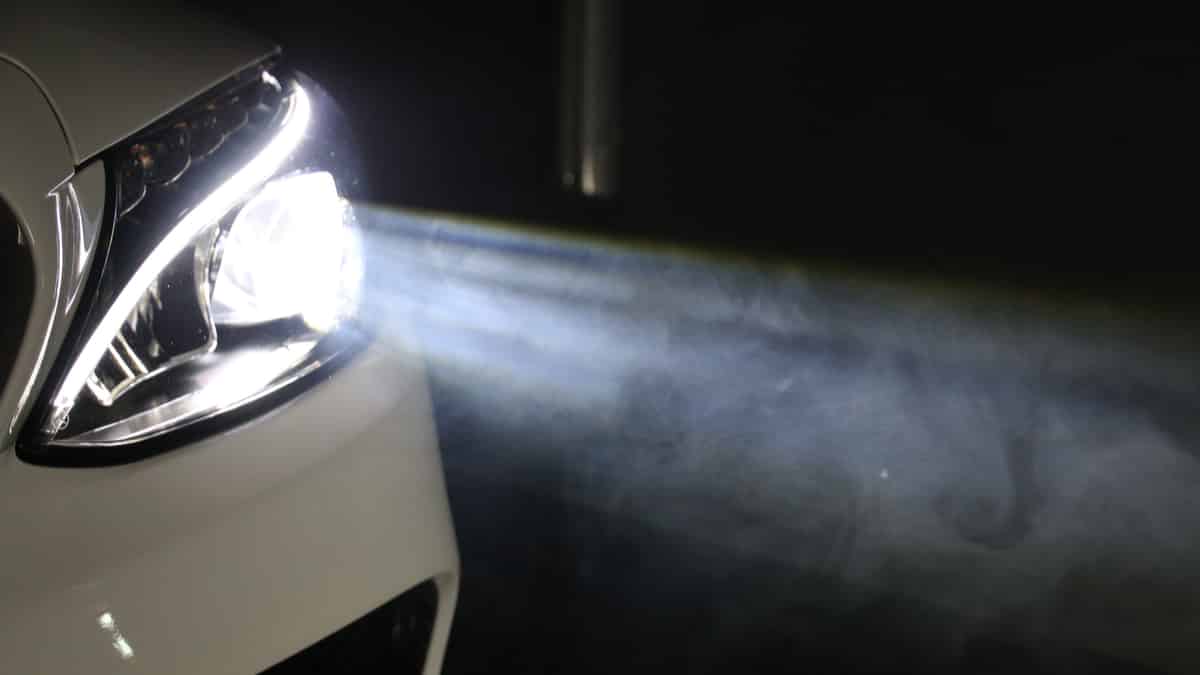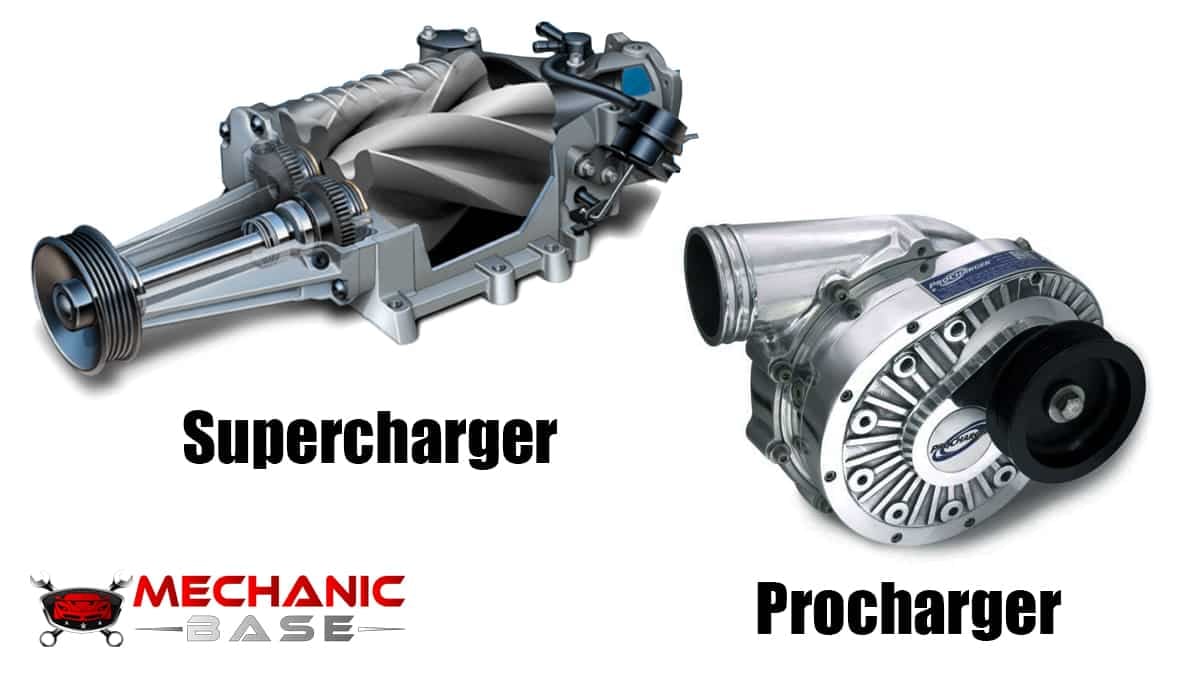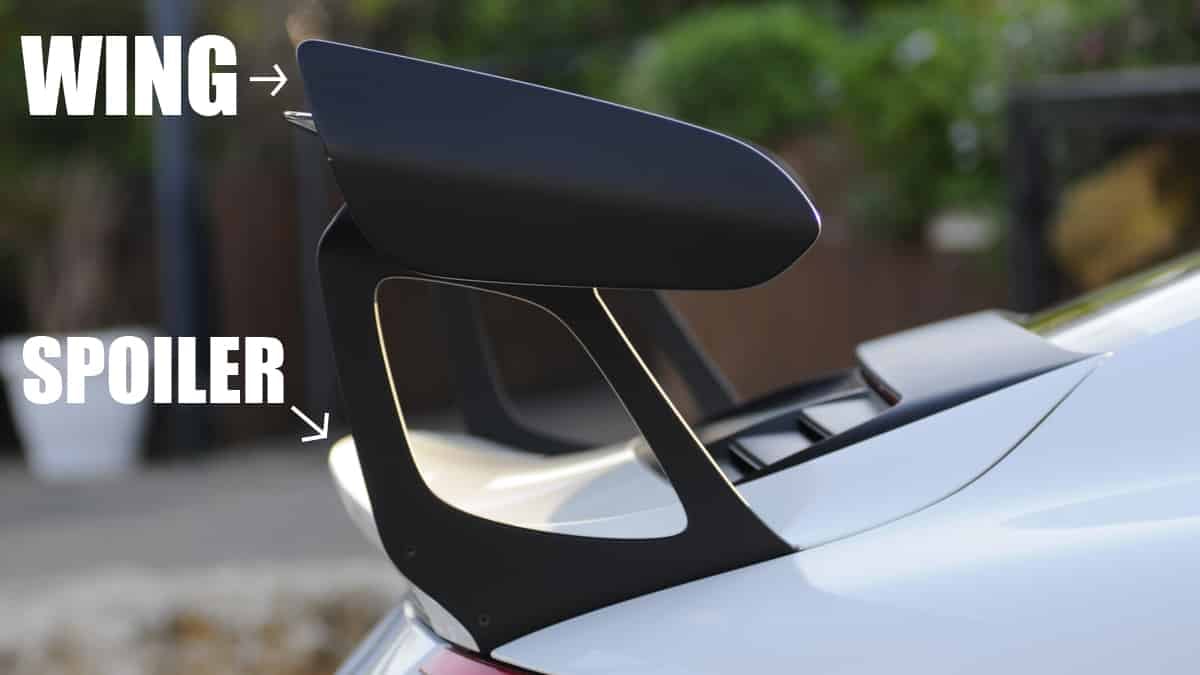Modern vehicles are packed full of safety and anti-theft features. It used to be that all you needed to hotwire a car was a screwdriver, a razor blade, and a little know-how, but that’s not the case anymore.
While it makes for good television, the truth is that stealing cars today requires a lot more sophistication and technology due to the anti-theft features built into every vehicle.
And while those anti-theft features are a nifty feature to keep your car in your driveway, when they stop working, that’s precisely where it can leave you stranded. How do engine immobilizers and transponder keys work, where are they located, and how much do they cost to fix?
I’ll break down everything you need to know to diagnose and repair these critical components here. First, let’s take a look at the signs to look for.
Symptoms Of A Bad Immobilizer or Transponder Key
The most common symptoms of a bad immobilizer or transponder key are a key symbol on the dashboard and starting problems. You may also find it difficult to unlock or lock your car, and it may cause your car alarm to go off randomly.
Here is a more detailed list of the five most common signs of a bad or failing engine immobilizer or transponder key:
1. Key symbol on Dashboard
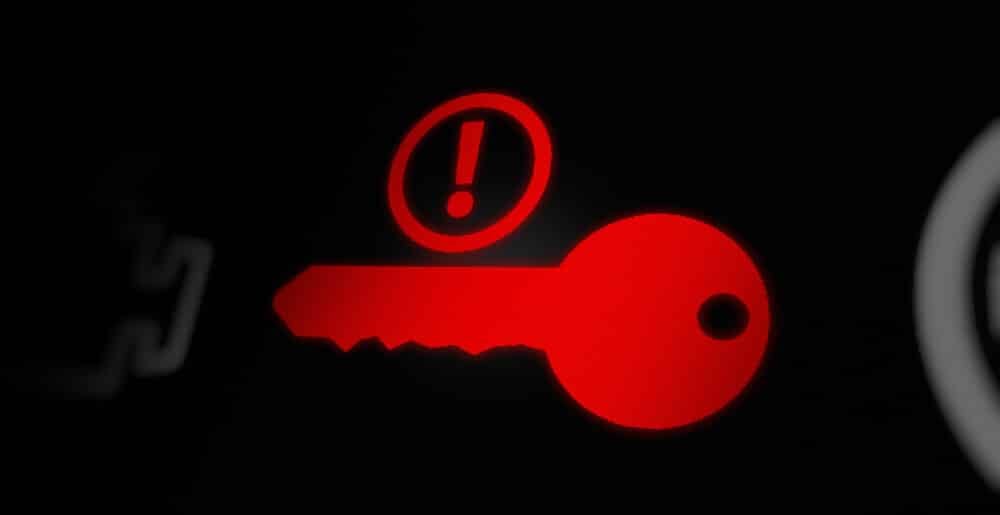
Your car does actually have a warning light on your dashboard when there is something wrong with your immobilizer system. This light should light up for 2-3 seconds when you turn on the ignition but then go away if the immobilizer has communication with the key.
If the light stays on, it means that you have a problem with either the immobilizer control unit or the transponder key.
2. Trouble Starting Your Car
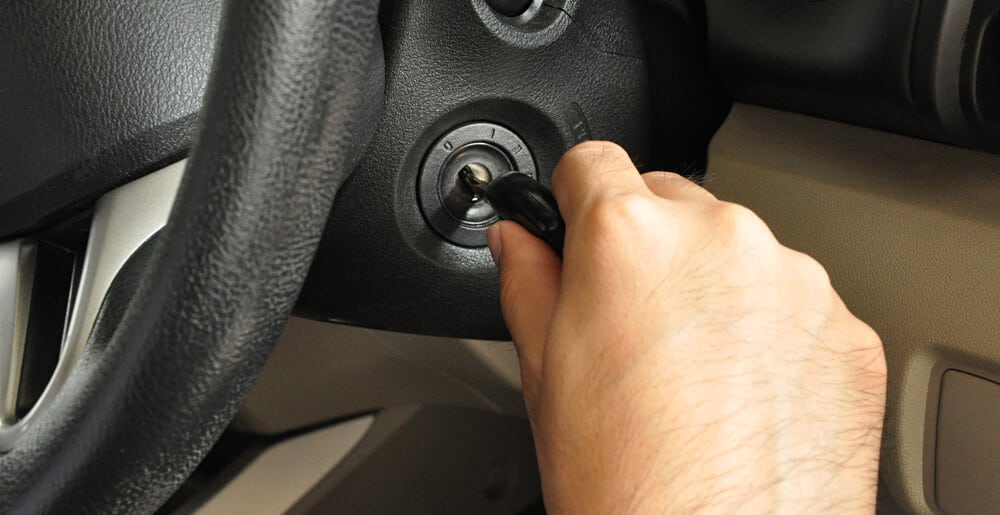
While difficulty unlocking or locking your car points directly to the key transponder, problems getting your vehicle started could be either the engine immobilizer or the key transponder.
If there is a problem with the immobilizer or the transponder key, you will most likely notice that your car will start up for 2-3 seconds but then turn off again. This is a common symptom of an immobilizer problem.
If you have a push start vehicle, try pushing the vehicle start button directly with the key fob. It might sound crazy, but if the problem is a dead battery in your key fob, your vehicle should still start if you do this. You’ve also narrowed down the source of your problem, so it’s a win-win!
3. Problems Unlocking Your Car (Push Start)
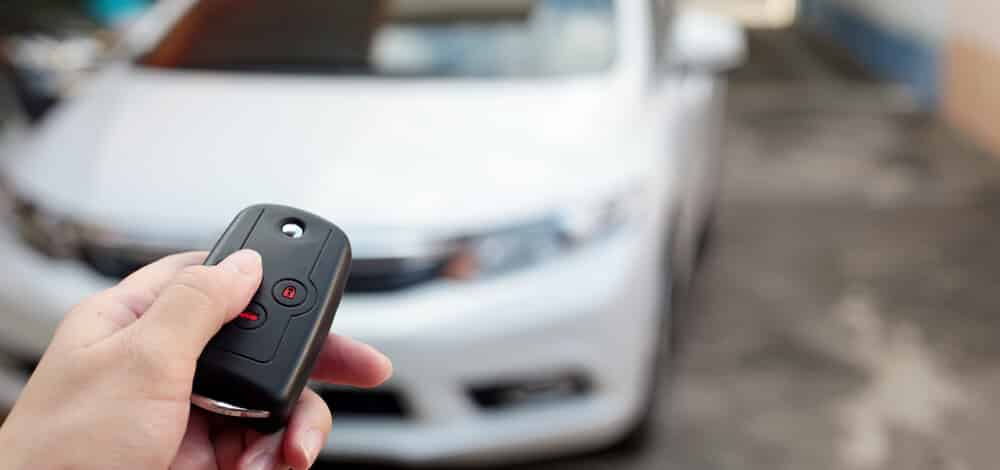
While the immobilizer does not directly work together with the immobilizer system, there might be a problem with the whole car key, which will create problems both in locking and starting the vehicle.
One of the first problems you’ll notice if there is a problem with the whole transponder key is that you might not be able to unlock your car, and neither will it unlock the immobilizer.
While this is becoming more of a concern now that vehicles don’t always have a keyed lock on the door, many vehicles still offer both – you just have to know how to take apart your key fob to access the physical door key.
But before you call a locksmith to get into your vehicle, try replacing the battery in your key fob. These batteries only cost a few bucks and can save you a ton of money on a locksmith!
RELATED: How to Reprogram Key Fobs Yourself at Home
4. Problems Locking Your Car (Push Start)
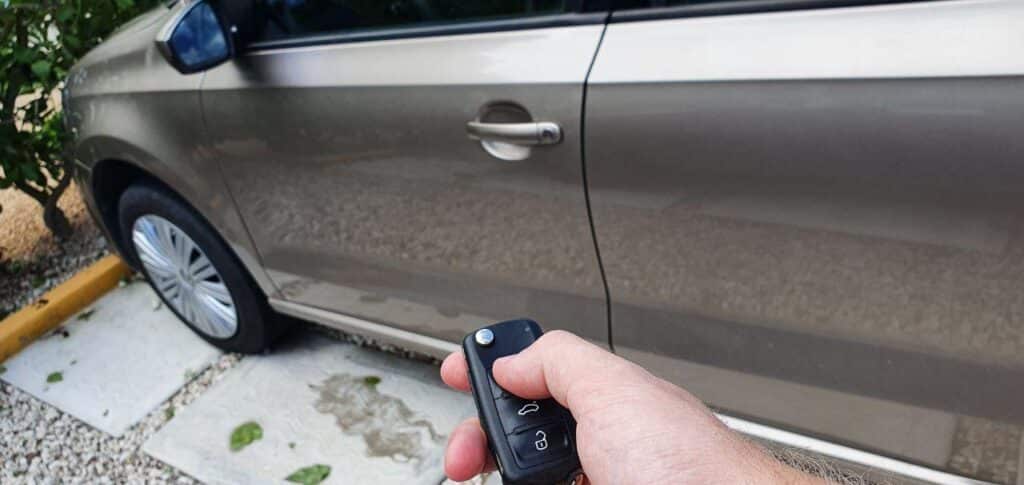
Just like you’ll have problems unlocking your car if you have a faulty transponder key, you’ll probably have issues locking it with the key fob too.
Manually locking the doors will still work, but if you don’t have a keyed door lock and your key transponder isn’t working, you won’t be able to get back in!
RELATED: How to Unlock & Start a Car With a Dead Key Fob
5. You Keep Setting Off Your Car Alarm (Push Start)

If you unlock your car and open the door only to set off the car alarm, the problem might be with the transponder key. Sometimes this key communicates with your vehicle to let you know that the right person is getting into the vehicle.
This way, if someone picks the lock on your door and gets in, the alarm will go off and hopefully scare them away. Of course, if the transponder isn’t working, the alarm can go off even if you are the right person!
Engine Immobilizer or Transponder Key Function
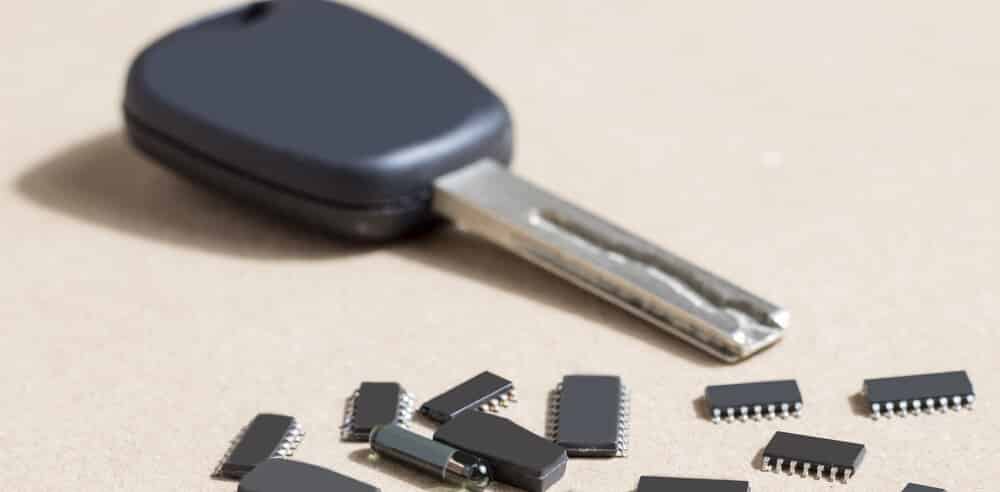
Both the engine immobilizer and transponder key work as an anti-theft device so no one can steal your car. They work in tandem, so if you’re having a problem with one of the components, the other won’t work either.
The transponder key has a unique code that it sends out to the engine immobilizer. When the engine immobilizer gets the right code, it knows that the right person is trying to get into or start the vehicle, and you’re good to go. When the code doesn’t match, the vehicle won’t start, and sometimes it will set off the alarm.
This system is also why it’s crucial to protect your key fob with a signal blocking case. All it takes is someone with a signal spoofer to copy the key fob’s signal, and then it’s just like they have the key to your vehicle.
Engine Immobilizer or Transponder Key Problems Location
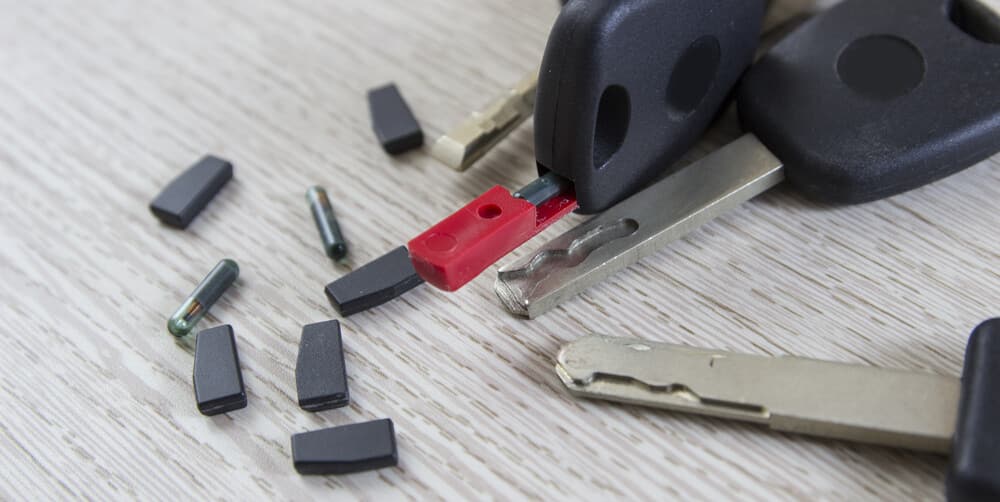
The engine immobilizer and key transponder are actually two different components. The engine immobilizer receiver is usually located in your vehicle’s steering column, close to the ignition. The transponder key is attached to your physical key fob.
If you’re driving a vehicle with a push start, the transponder key is part of the electronic key you need to keep with you when you start your car. If you’re driving a vehicle with a non-push start ignition, the transponder key is attached to the back of the physical key that you put into the ignition.
How to Fix Engine Immobilizer or Transponder Key Problems
If you’re having problems with your engine immobilizer or transponder, the first thing you should do is replace the battery in your key fob. While this is only true for vehicles with a push-start ignition, these problems are far more common with this type of ignition system.
If that doesn’t fix the problem, you’ll likely need to get a new key from a dealership. If the problem with your vehicle is with the transponder or engine immobilizer, you’re going to need to get it reprogrammed, so you can’t just get a new immobilizer or key and expect everything to work.
While this can be frustrating, it’s a good thing. Otherwise, that’s all thieves would need to do to steal your vehicle.
Categories: Electric
